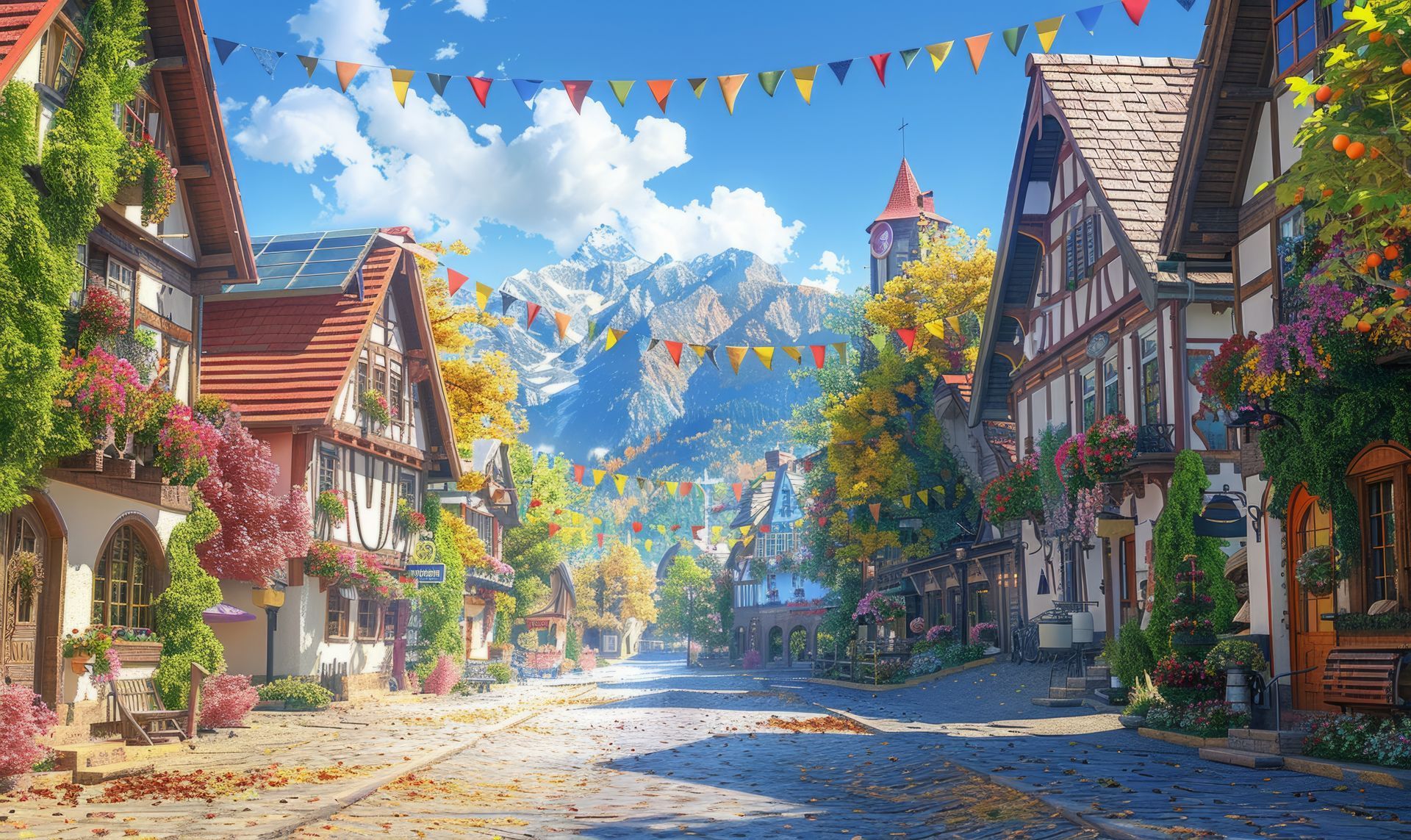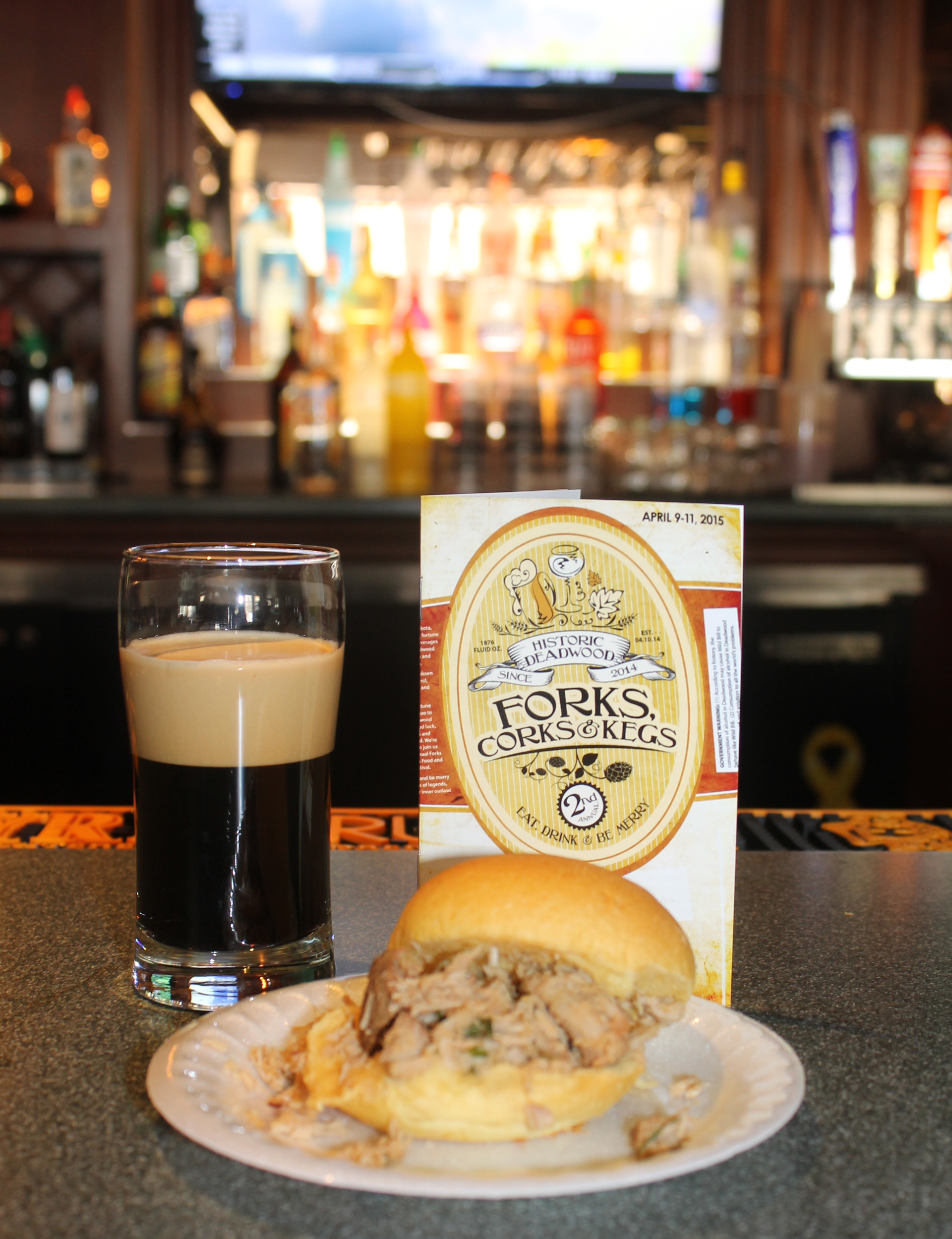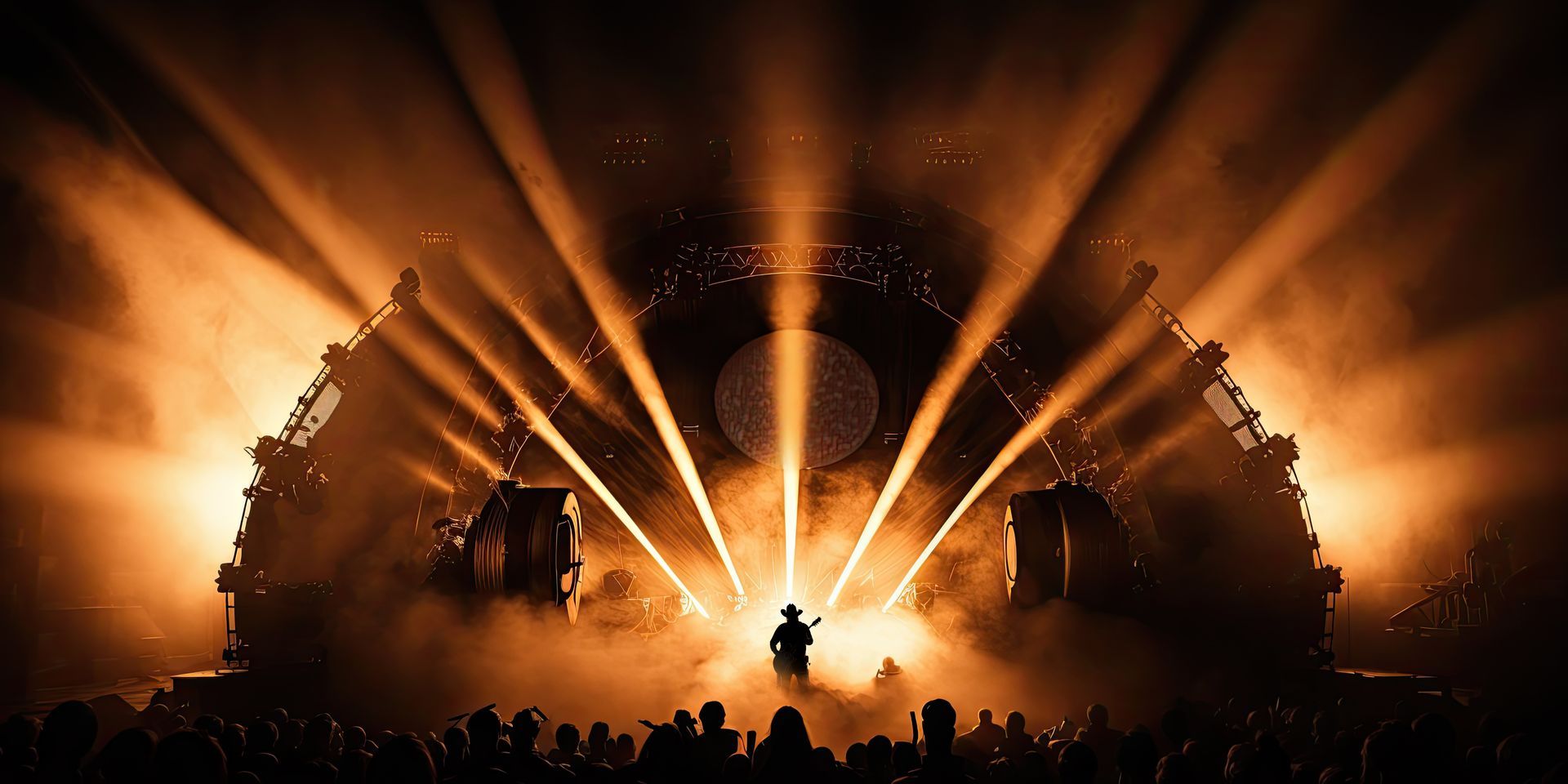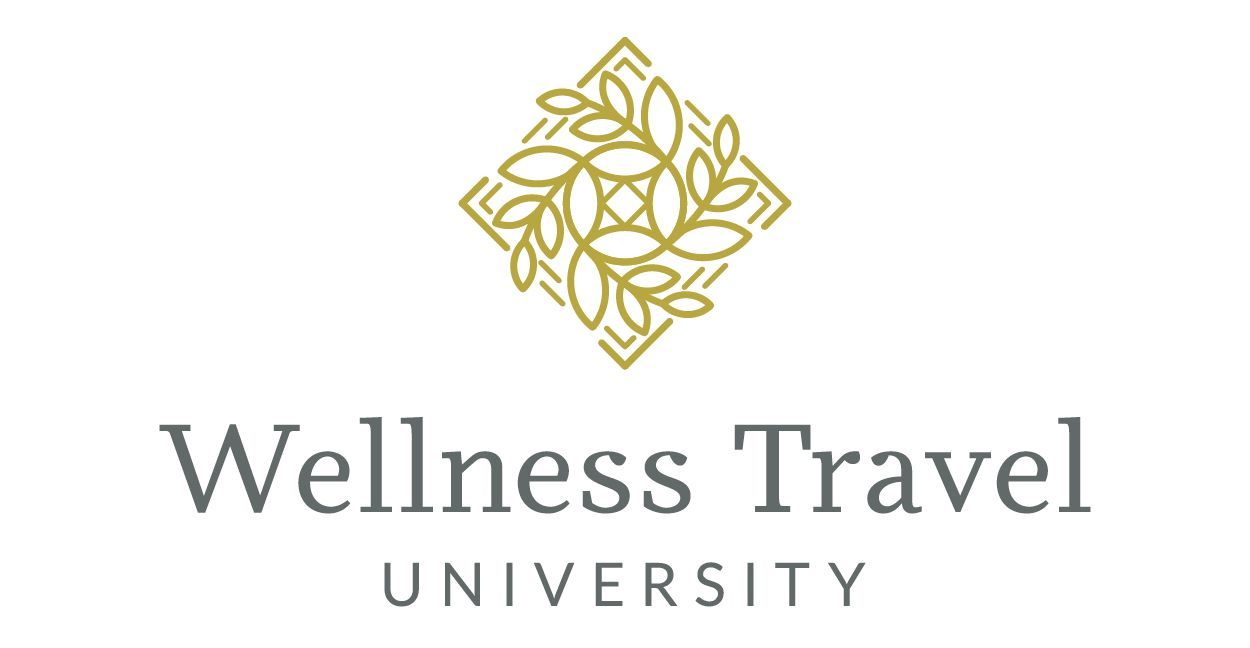German Festival Experiences
Allstop Travel

Germany's vibrant tapestry of festivals offers an irresistible invitation to both seasoned travelers and curious newcomers alike. From the hoppy effervescence of its world-renowned beer festivals to the sophisticated indulgence of its wine celebrations, each event is a gateway into the heart of German culture and tradition. Imagine clinking steins under a vast tent filled with laughter, or savoring a glass of Riesling amidst the breathtaking vineyards of the Rheingau. Whether you're planning a getaway with family or seeking luxurious experiences that tantalize your taste buds, Germany's festivals promise unforgettable adventures. Join us as we explore these captivating events and inspire your next travel story.
Discovering Beer Festivals in Germany
Germany's beer festivals are a celebration of tradition, culture, and community. Known for its diverse beer culture, these festivals offer an authentic taste of German life. From pilsners to wheat beers, each festival showcases unique brews that cater to every palate.
Explore German Beer Culture
German beer culture is known for its deep-rooted traditions and regional variations. Each region offers its own style, from the crisp pilsners of the north to the rich bocks of the south. Beer purity laws, or Reinheitsgebot, have shaped the brewing process, ensuring quality and consistency. This cultural heritage is celebrated in festivals across the country, allowing visitors to immerse themselves in local traditions.
Must-Visit Beer Festivals
Germany hosts numerous beer festivals, but some stand out. Oktoberfest in Munich is iconic, attracting millions each year. However, smaller festivals like the Cannstatter Volksfest in Stuttgart or the Bergkirchweih in Erlangen offer a more local experience. Each festival boasts its own charm, providing an opportunity to discover new beers and local customs.
A Guide to Wine Festivals in Germany
Germany's wine festivals highlight its rich viticultural landscape. Known for its aromatic whites and robust reds, the country's wine regions offer diverse tasting experiences. Festival-goers can explore vineyards and enjoy the fruits of dedicated vintners.
Touring German Wine Regions
Germany’s wine regions are as varied as its beers. The Mosel valley is renowned for its steep vineyards and exquisite Rieslings. Meanwhile, the Rheingau and Pfalz regions offer robust reds and aromatic whites. Touring these areas during festival season provides a firsthand look at winemaking traditions and offers a chance to taste wines at their source.
German Beer Culture: A Traveler's Insight
Understanding Germany's beer culture enhances any visit. Rooted in history and tradition, it offers insights into the country’s identity. Travelers can experience this culture firsthand by attending local festivals and engaging with the brewing heritage.
Understanding Unique Beer Traditions
Germany’s beer traditions are diverse and regionally distinct. Bavarian breweries focus on lagers and wheat beers, while the north offers a variety of pilsners. The Reinheitsgebot, or beer purity law, is a hallmark of German brewing, emphasizing quality and tradition. Understanding these nuances adds depth to the beer festival experience.
How to Experience Local Festivals
Experiencing local beer festivals is about more than just drinking. It's about embracing the community, learning about brewing traditions, and enjoying local food. To make the most of these festivals, engage with locals, sample a variety of beers, and explore beyond the main events. Many festivals offer guided tours, tastings, and cultural activities to enhance the experience.
Germany is home to numerous must-attend festivals. From bustling city events to quaint village gatherings, each festival offers a unique glimpse into German culture. Stuttgart Springfest (Stuttgarter Frühlingsfest) attracts every year more than 1.5 million visitors. The festival, which is actually a huge fair, is considered as the largest of its kind in Europe. The Munich Oktoberfest and Stuttgart Spring Festival are notable for beer lovers, while the Rheingau Wine Festival and the Mittelrhein Weinfrühling attract wine enthusiasts. Each festival offers a unique blend of local culture, traditional foods, and, of course, delicious beverages.
Planning Your Festival Trip
Planning a trip around these festivals requires some forethought. Consider the time of year and the specific regions you wish to explore. Booking accommodations early is crucial, as many festivals draw large crowds. We use local resources, to find lesser-known festivals and events that might suit your interests.

If you love culinary adventures paired with world-class wine, local craft beers, and unforgettable Black Hills charm, mark your calendar for the 13th Annual Forks, Corks & Kegs Food, Wine & Beer Festival in Deadwood, happening April 10–11, 2026. What Makes Forks, Corks & Kegs a Must-Attend Event This two-day culinary celebration brings together: Local chefs and restaurants serving their signature dishes Wine tastings from vineyards across the country Craft beer selections — including regional favorites A Grand Tasting experience featuring dozens of beverages and light hors d’oeuvres all in one place. Whether you’re a seasoned wine aficionado or eager to explore new food pairings, this festival blends historic Deadwood’s lively atmosphere with refined tastes — the perfect spring getaway for food and drink lovers. Festival Highlights Friday, April 10 — Wine Around & Appetizer Crawl Kick off the weekend by strolling historic Deadwood as each participating restaurant hosts a different wine pairing and bite-sized culinary creation. It’s a great way to meet chefs, try new flavors, and warm up your taste buds for the big day ahead. Saturday, April 11 — Deadwood Dine Around & Grand Tasting Spend your Saturday discovering even more food and beverage pairings at local venues. In the afternoon, the Grand Tasting brings dozens of beers and wines together under one roof — a can’t-miss experience for connoisseurs and casual tasters alike. Pro tip: All festival access requires registration at Deadwood Mountain Grand, and tickets include a festival guide, commemorative glass, and access to special events across the weekend. VIP Access & Extras For those who want an elevated experience, VIP tickets offer early entry to exclusive wine tastings and priority access to select areas. It’s a great option for guests who want a more curated sipping experience. Visit Deadwood This Spring April is a magical time to visit Deadwood — the Black Hills begin to bloom and the historic streets come alive with food, music, and local culture. Pair your festival weekend with a stay at one of Deadwood’s charming hotels, explore local shops on Main Street, or extend your trip with nearby hiking, casinos and attractions. Whether you’re planning a getaway with friends or looking for a flavorful experience to kick off the season, Forks, Corks & Kegs 2026 promises unforgettable tastes, great company, and a true Black Hills celebration. Going with friends? Even better. Allstop Travel has group-friendly hotel rates and preferred locations available for Forks, Corks & Kegs 2026. Spots are limited, and Deadwood fills fast for this event. Reserve your stay with Allstop Travel before the best options are gone. 📞 (701) 419-4440

ND Country Fest is more than just great music—it’s your chance to explore North Dakota like never before. With Allstop Travel’s exclusive travel packages for festivals, you’ll enjoy smooth festival transportation options and curated travel itineraries designed around your passion for country music travel. Get ready to connect with fellow fans, experience local culture, and make the most of every moment in a safe, family-friendly setting. Keep reading to see how to turn this festival into an unforgettable adventure. For more about North Dakota's adventurous offerings, take a look at this link.




